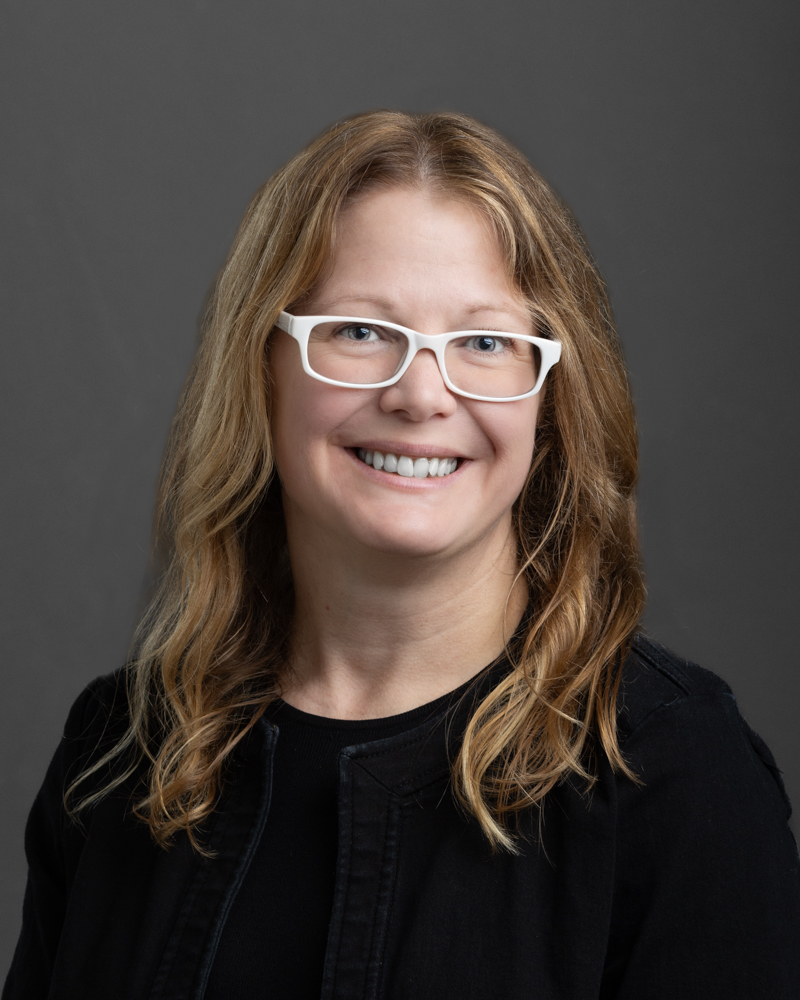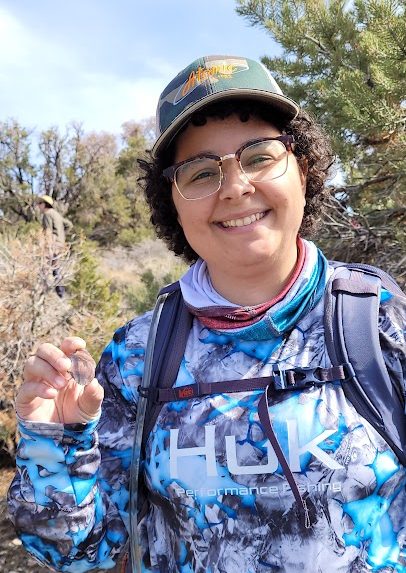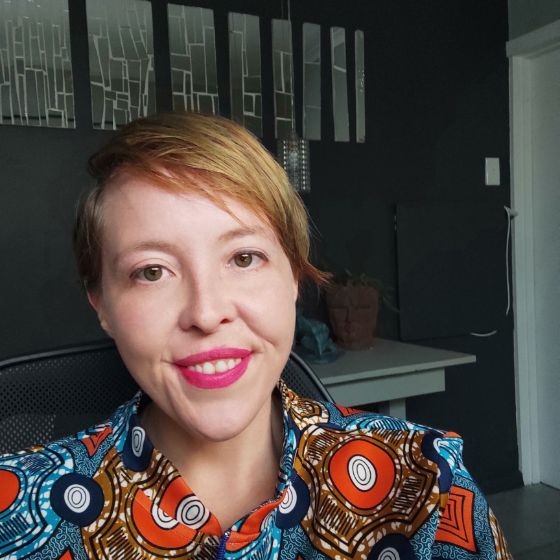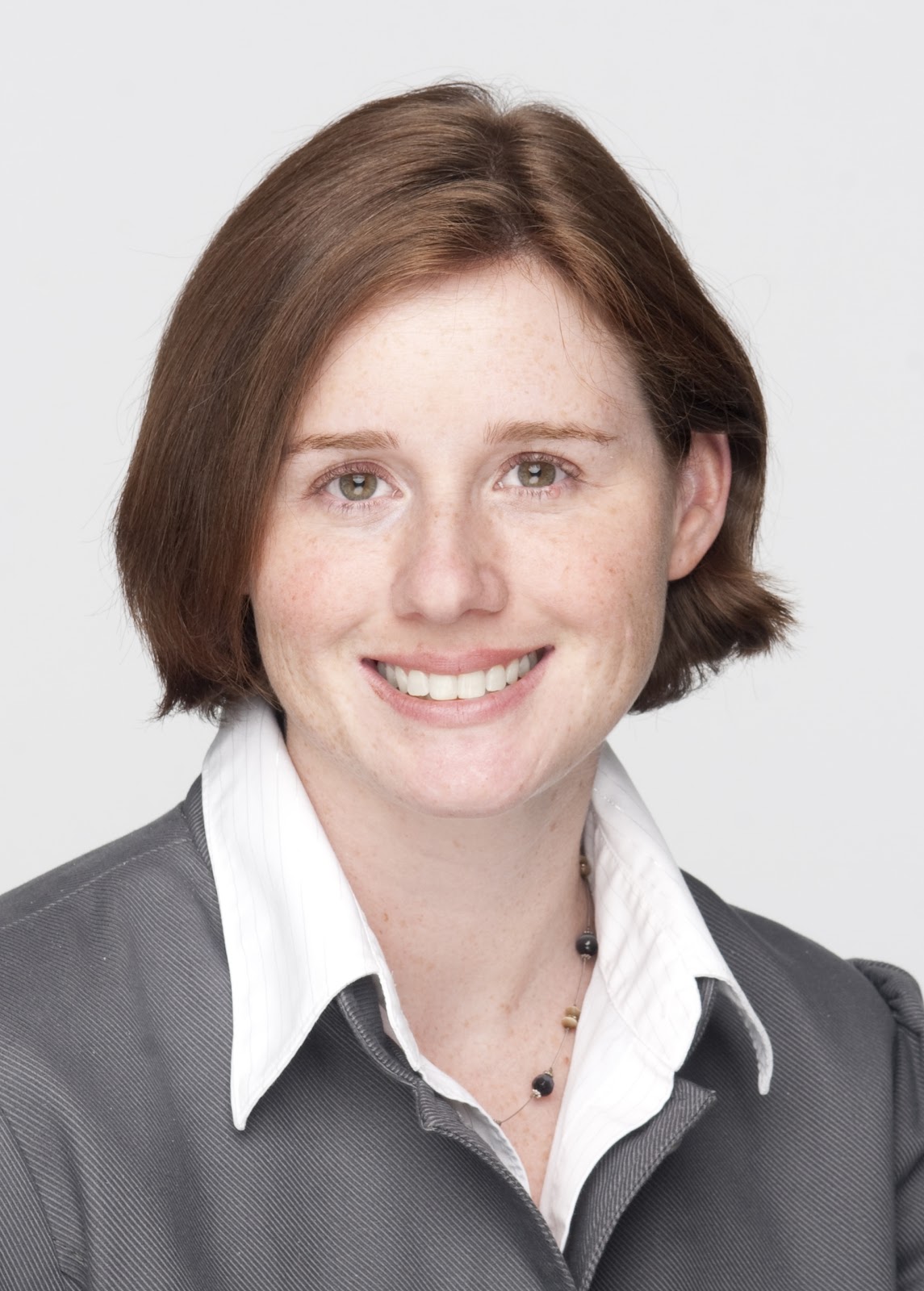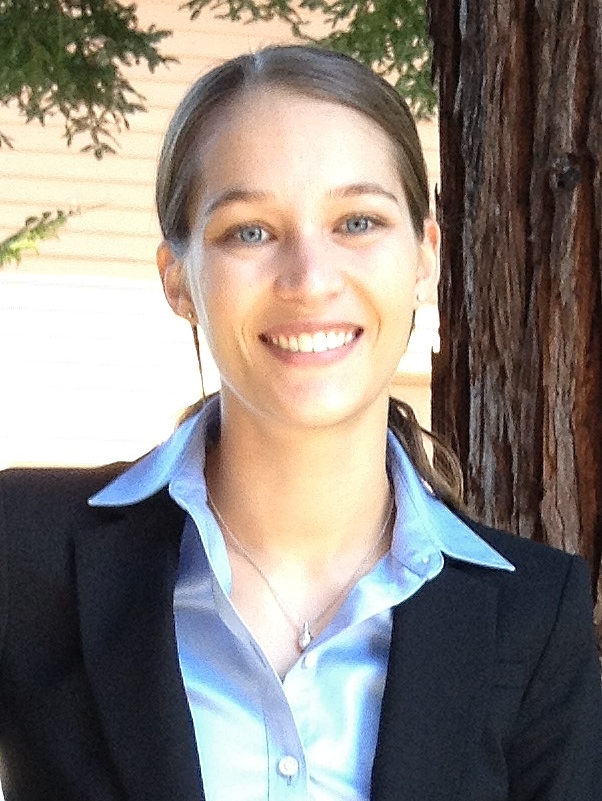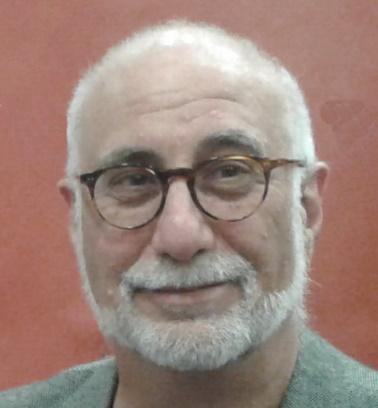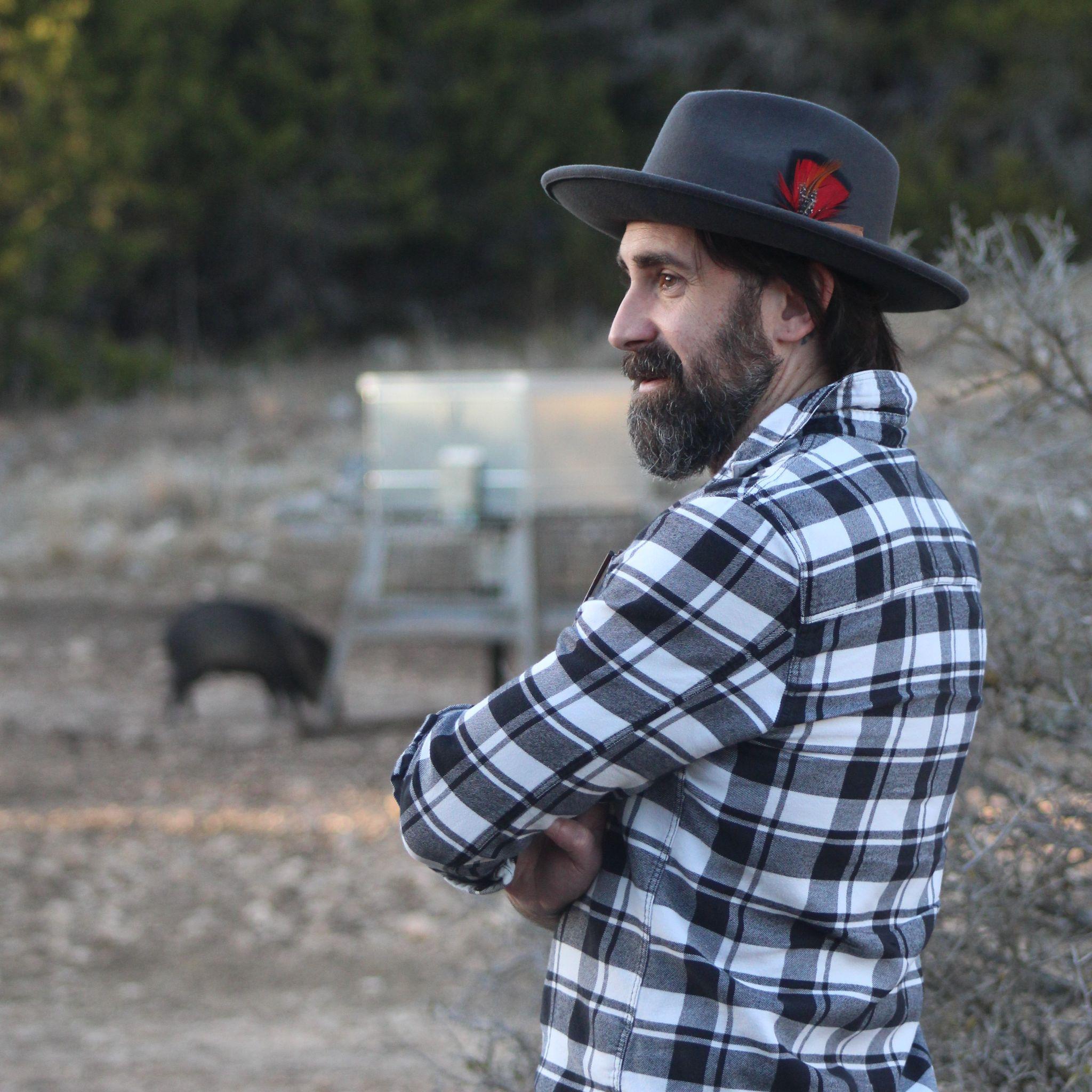About the Authors
Katie Nelson, Ph.D.
(Writer Chapter 1 & 2, Editor Chapter 1-17)
Inver Hills Community College, kanelson@inverhills.edu
Katie Nelson is an instructor of anthropology and sociology at Inver Hills Community College. She is the recipient of the 2022 Minnesota State Board of Trustees Educator of the Year award. Her research focuses on migration, identity, belonging, and citizenship(s) in human history and in the contemporary United States, Mexico, and Morocco.
She received her B.A. in anthropology and Latin American studies from Macalester College, her M.A. in anthropology from the University of California, Santa Barbara, an M.A. in education and instructional technology from the University of Saint Thomas, and her Ph.D. from CIESAS Occidente (Centro de Investigaciones y Estudios Superiores en Antropología Social –Center for Research and Higher Education in Social Anthropology), based in Guadalajara, Mexico.
Katie views teaching and learning as central to her practice as an anthropologist and is co-founder and Associate Editor of Teaching and Learning Anthropology Journal. She has contributed to several open access textbook projects, both as an author and an editor, and views the affordability of quality learning materials as an important piece of the equity and inclusion puzzle in higher education.
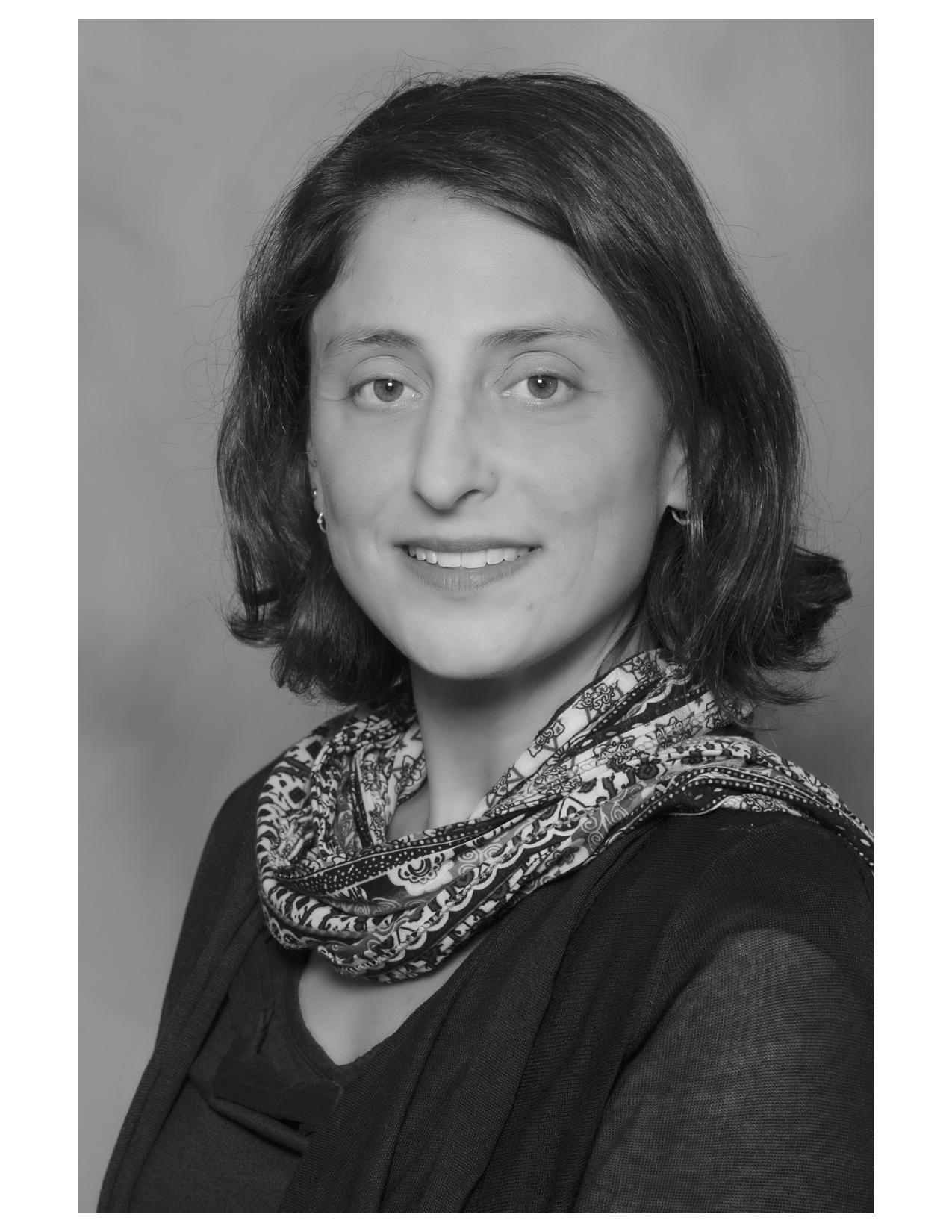
Lara Braff, Ph.D.
(Writer Chapter 1 & 2, Editor Chapter 1-17)
Grossmont College, Lara.Braff@gcccd.edu
Lara Braff is a professor of anthropology at Grossmont College, where she teaches courses in cultural and biological anthropology. She received her B.A. in anthropology and Spanish from the University of California at Berkeley, and her M.A. and Ph.D. in comparative human development from the University of Chicago, where she specialized in medical anthropology.
Lara’s research, teaching, and involvement in open access projects (like this textbook) are rooted in concerns about social equity. In an effort to make college more accessible to all students, she serves as an Open Educational Resources (OER) coordinator at Grossmont College and Liaison for the Academic Senate for California Community Colleges—Open Educational Resources Initiative.
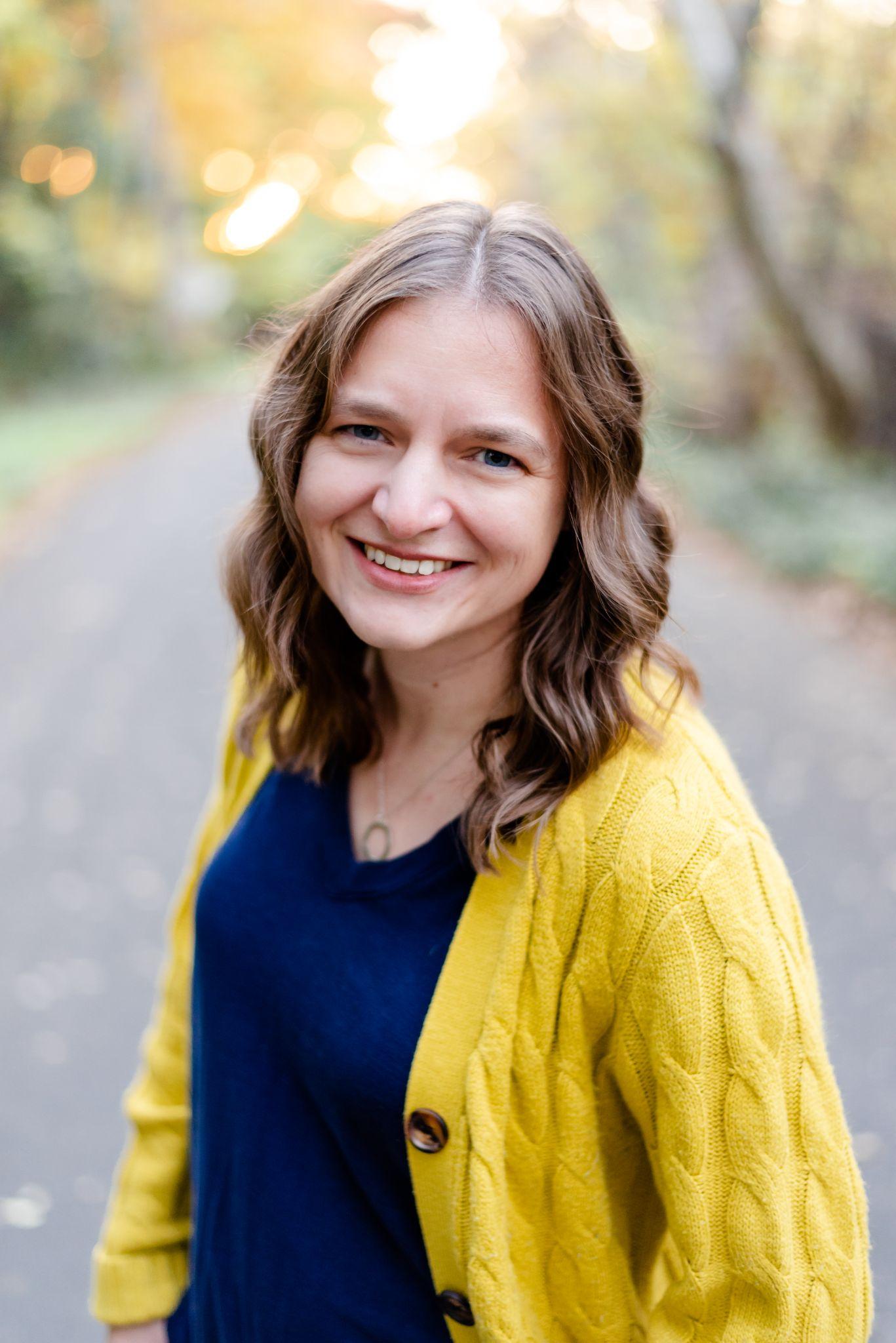
Beth Shook, Ph.D.
(Writer Chapter 1 & 2, Editor Chapter 1-17)
California State University, Chico, bashook@csuchico.edu
Beth Shook is a lecturer in the anthropology department at California State University, Chico. She received her B.A. in anthropology and in molecular biology from Cornell College (in Mount Vernon, Iowa) and her M.A. and Ph.D. in anthropology from the University of California, Davis. While she is broadly trained in anthropology, her research has focused on utilizing DNA in forensic and anthropological contexts.
Beth enjoys teaching a variety of anthropology courses and mentoring graduate students in teaching. Additionally, she leads Chico State’s Affordable Learning Solutions (CAL$) program, is committed to programs that prioritize diversity, and serves on the Society for Anthropology in Community Colleges (SACC) Executive Board.
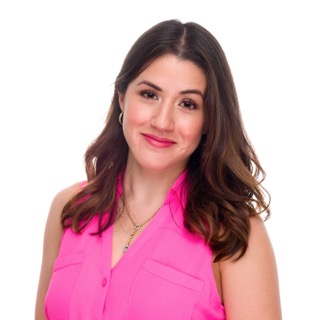
Kelsie Aguilera, M.A.
(Writer Chapter 1 & 2, Editor Chapter 1-17)
Leeward Community College, kelsieag@hawaii.edu
Kelsie Aguilera is an associate professor of anthropology at Leeward Community College. Located on the island of O’ahu, Leeward Community College is part of the University of Hawai’i System and holds a special commitment to Native Hawaiian education. At Leeward, Kelsie teaches anthropology courses in all of the subdisciplines.
Kelsie received her B.A. in anthropology from the University of Miami and her M.A. in anthropology from Binghamton University. She is active within the American Anthropological Association and the Society for Anthropology in Community Colleges. She continues to work hard toward making anthropology accessible and relevant for her students.
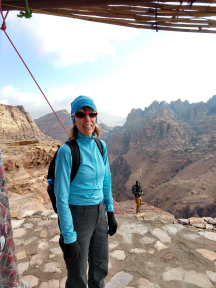
Joylin Namie, Ph.D.
(Writer Chapter 3)
Truckee Meadows Community College, jnamie@tmcc.edu
Joylin Namie is Professor of Anthropology at Truckee Meadows Community College, where she teaches courses in biological and cultural anthropology. Her current research interest is in (un)sustainable tourism in desert environments, particularly in the country of Jordan and the U.S. state of Nevada. She was awarded a fellowship to Jordan from the Council of American Overseas Research Centers (CAORC) in 2020 to explore this topic, including visiting Petra and other important tourism destinations in Jordan. Dr. Namie’s favorite things in life are teaching, traveling, and spending time with her dog, Charley.
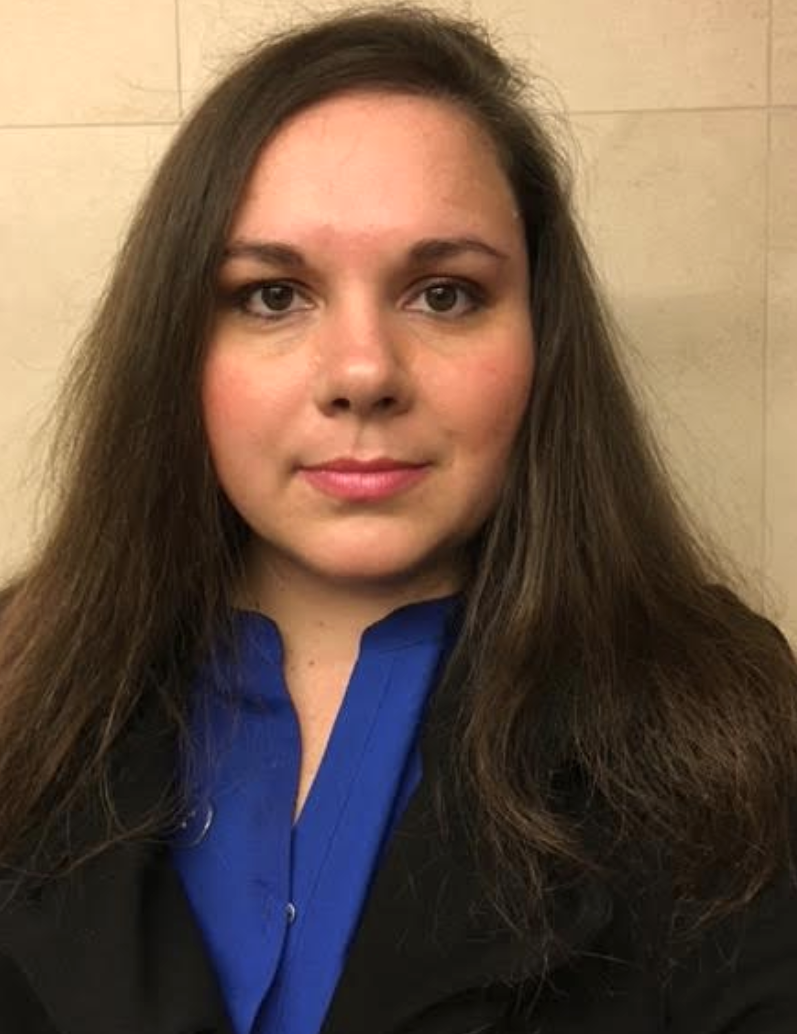
Hayley Mann, M.A.
(Writer Chapter 4)
Binghamton University, hmann3@binghamton.edu
Hayley Mann received her bachelor’s degree in Genetics from the University of California, Davis, and continued her graduate studies in Biological and Molecular Anthropology at the California State University, Sacramento. She is currently a Ph.D. candidate at Binghamton University, where her dissertation focus is on studying genetic variation of Pacific Islanders (Republic of Vanuatu) and also changes in health as the result of colonization. Hayley also works in clinical molecular carrier screening and specializes in DNA-sequencing procedures.
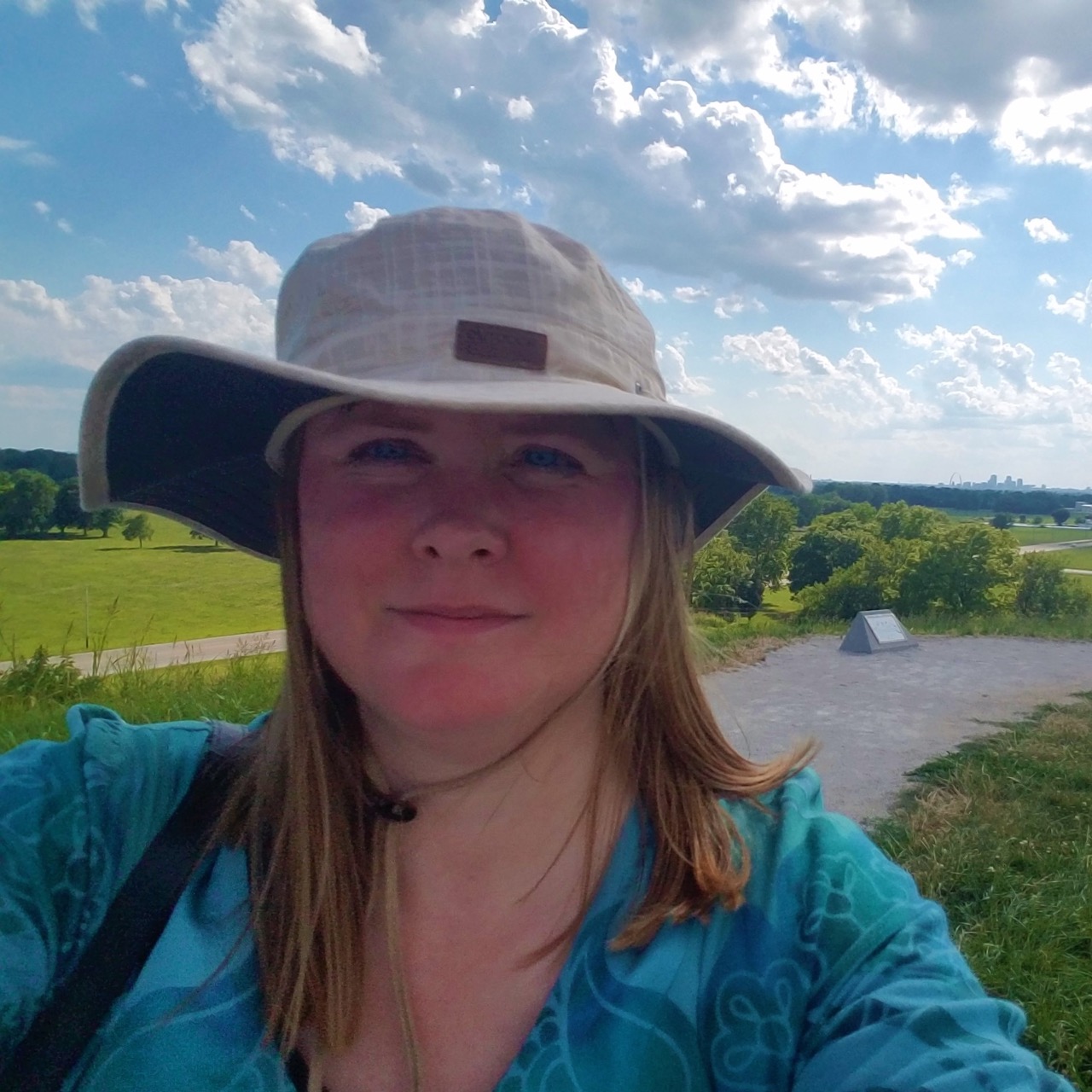
Andrea J. Alveshere, Ph.D.
(Writer Chapter 5)
Western Illinois University, a-alveshere@wiu.edu, Andrea Alveshere: Archaeologist & Biological Anthropologist
Dr. Andrea Alveshere is an associate professor of anthropology and chemistry at Western Illinois University. Her research focuses on relationships between humans and their environments, including cultural and biological adaptations surrounding ancient diet, health, and knowledge systems; genetic disorders such as Neurofibromatosis Type 1 (NF1); effects of environmental factors on the preservation of bones, plant remains, and the molecules within them; and the comparative utility of field and laboratory techniques to produce informative archaeological, nutritional, and forensic data.
Dr. Alveshere earned her B.A. in anthropology at the University of Washington with an emphasis in archaeology and an undergraduate research focus on the analysis of skeletal remains and geoarchaeological deposits. At the University of Minnesota, she completed her Ph.D. in anthropology, with a minor in human genetics. Her graduate thesis investigated factors that influence the preservation and detection of DNA in ancient and forensic specimens.
Dr. Alveshere also worked for several years as a forensic scientist in the DNA/Biology section of the Minnesota Bureau of Criminal Apprehension Forensic Science Laboratory. She led the WIU Archaeological Field School, on alternate summers since 2017, and conducted archaeological excavations in Israel, South Africa, and throughout the midwestern United States.
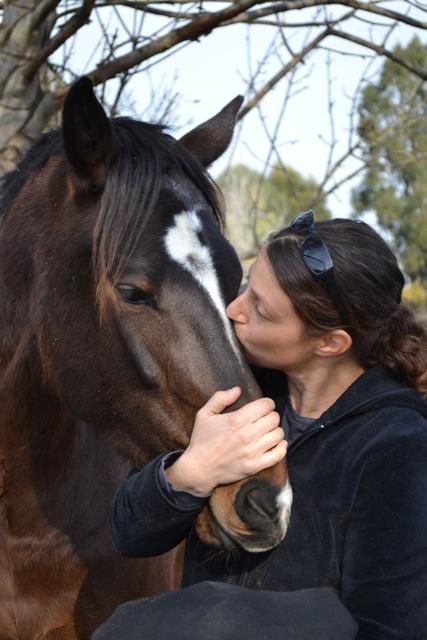
Stephanie Etting, Ph.D.
(Writer Chapter 6)
Sacramento City College and Sonoma State University, ettings@scc.losrios.edu
Dr. Etting became hooked on biological anthropology as a freshman at UC Davis when she took the “Introduction to Biological Anthropology” course. She obtained her Ph.D. in anthropology in 2011 from UC Davis, where she studied anti-predator behavior toward snakes in rhesus macaques, squirrel monkeys, and black-and-white ruffed lemurs. While in graduate school, Dr. Etting discovered her love of teaching and, since finishing her dissertation, has taught at UC Berkeley; Sonoma State University; UC Davis; California State University, Sacramento; and Sacramento City College.In addition to her interests in primate behavior, Dr. Etting is also very interested in primate evolution and functional anatomy.
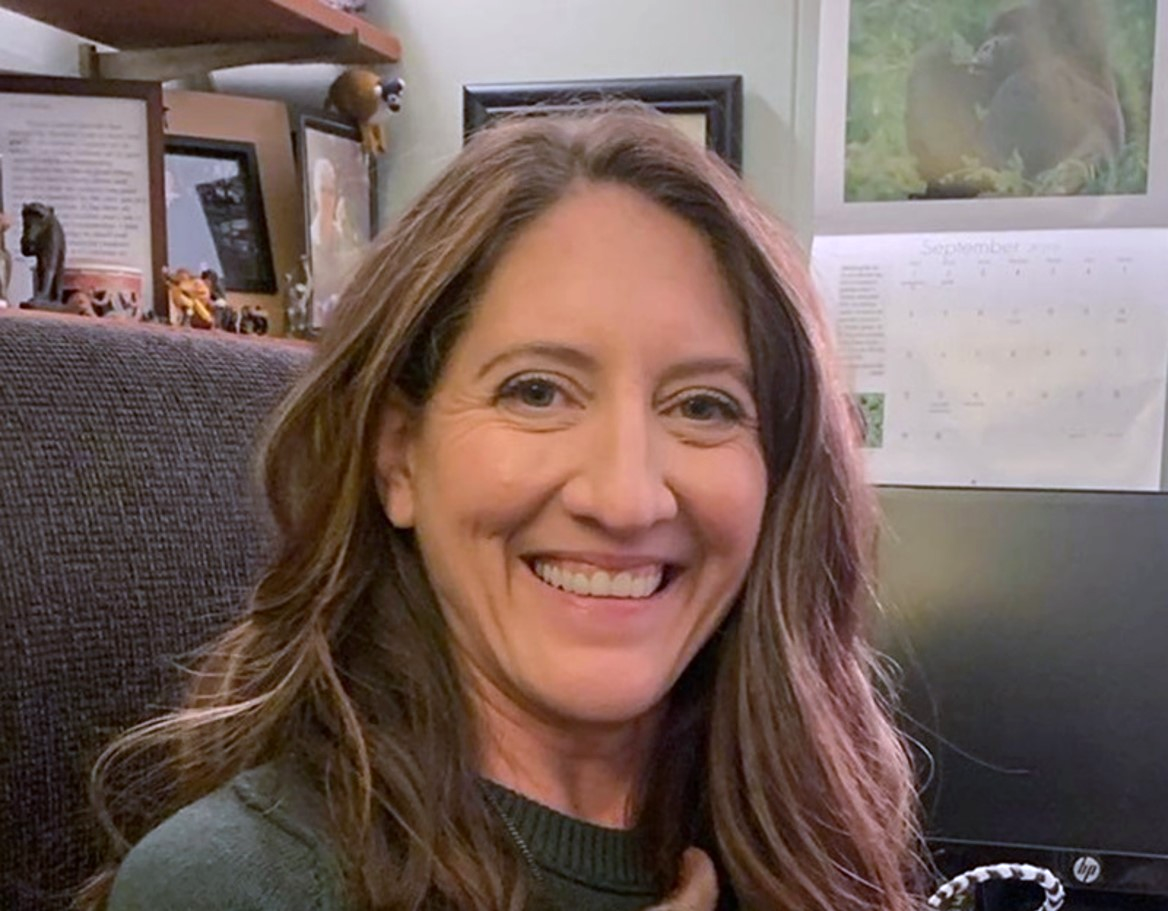
Karin Enstam Jaffe, Ph.D.
(Writer Chapter 7)
Sonoma State University, karin.jaffe@sonoma.edu
Dr. Karin Enstam Jaffe has loved primates since she was five years old. As an undergraduate at U.C. San Diego, she participated in projects studying orangutans, langurs, and Mona monkeys. She earned her Ph.D. in Anthropology from U.C. Davis studying vervet and patas monkey antipredator behavior in Kenya. She has been a faculty member in the Anthropology Department at Sonoma State University since August 2002. A dedicated teacher-scholar, Dr. Jaffe has won several teaching, scholarship, and mentoring awards, including SSU’s Excellence in Teaching Award, Educational Experience Enhancement Award, and the President’s Excellence in Scholarship Award. In addition to teaching, she has led student research projects on behavioral enrichment involving ring-tailed lemurs, chimpanzees, and sun bears, as well as a study of the social network of hamadryas baboons at Oakland Zoo.
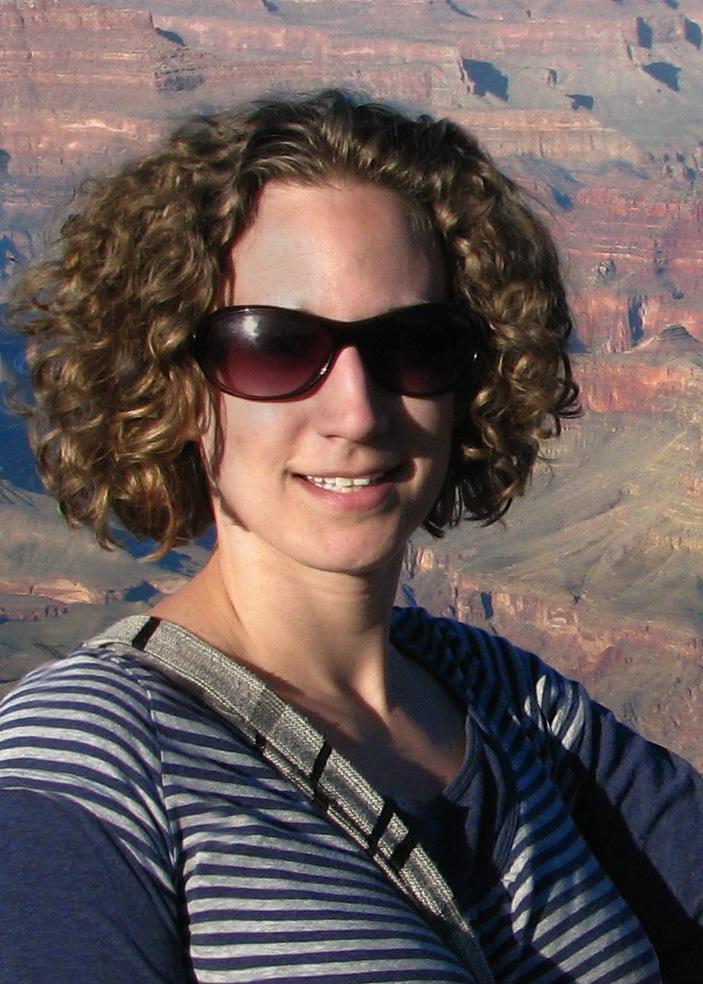
Sarah S. King, Ph.D.
(Writer Chapter 8)
Cerro Coso Community College, sarah.king1@cerrocoso.edu
Dr. Sarah S. King is an anthropology/sociology professor at Cerro Coso Community College in California. She completed her Ph.D. work at the Division of Archaeological, Geographical and Environmental Sciences at the University of Bradford in West Yorkshire, England. Her thesis was entitled “What Makes War?: Assessing Iron Age Warfare through Mortuary Behavior and Osteological Patterns of Violence.” She also holds anthropology degrees from the University of California, Santa Cruz (B.A. hons., 2004), and the University of New Mexico, Albuquerque (M.A., 2006).
Kara Jones, M.A.
(Writer Chapter 8)
PhD student at University of Nevada, Las Vegas, jonesk44@unlv.nevada.edu
Kara Jones received their B.A. in anthropology at California State University, Bakersfield (2018) and their M.A. from University of Nevada, Las Vegas (2023, summer). Their master’s thesis is titled “Rockin’ at the Lake: Toolstone Use and Procurement along Holocene Lake Ivanpah, CA.” Mx Jones is a Mojave Desert archaeologist specializing in stone tool use and manufacture, focusing further on Holocene lakeshore adaptations.
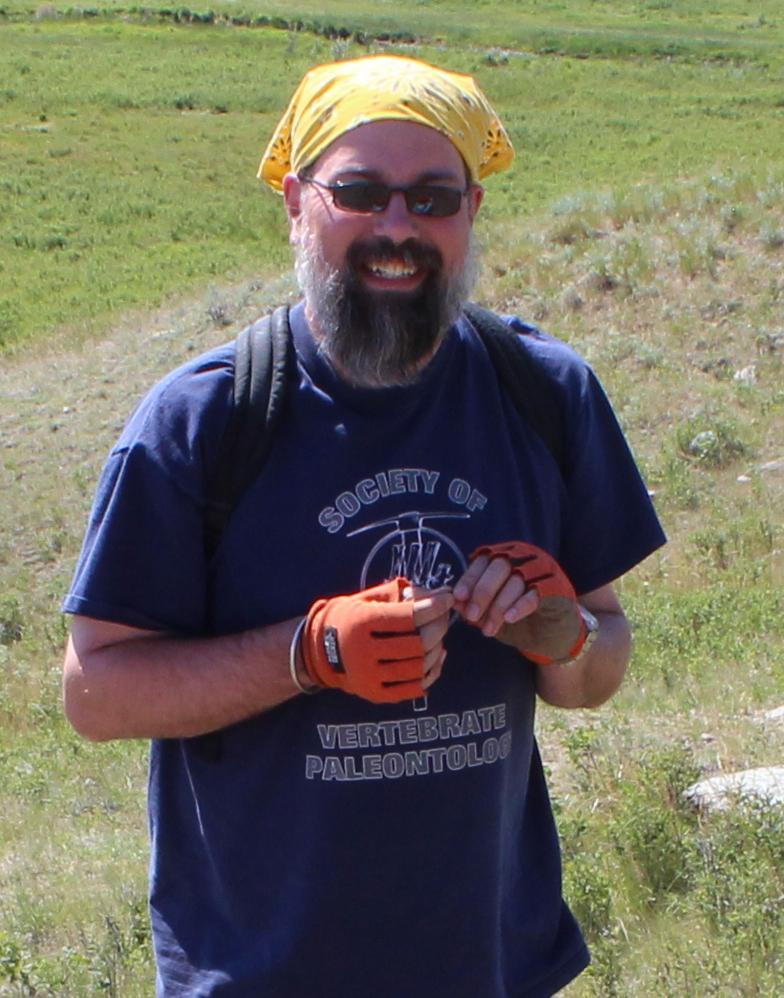
Jonathan M. G. Perry, Ph.D.
(Writer Chapter 9)
Western University of Health Sciences, Oregon, jperry@westernu.edu
Jonathan Perry was trained as a paleontologist and primatologist at the University of Alberta, Duke University, and Stony Brook University. His research focuses on the relationship between food, feeding, and craniodental anatomy in primates both living and extinct. This work includes primate feeding behavior, comparative anatomy, biomechanics, and field paleontology. He has taught courses on primate evolution at the undergraduate and graduate level.
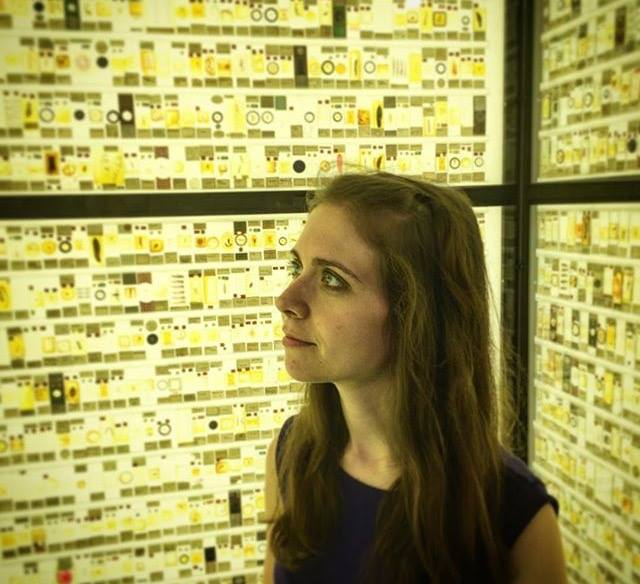
Stephanie L. Canington, Ph.D.
(Writer Chapter 9)
University of Pennsylvania, scaning@upenn.edu
Stephanie Canington is a postdoctoral researcher at the University of Pennsylvania. Her current research is on the links between food properties, feeding behavior, and jaw morphology in lemurs that live in varying forms of captivity.
Kerryn Warren, Ph.D.
(Writer Chapter 10)
Grad Coach International, kerryn.warren@gmail.com
Kerryn Warren is a dissertation coach at Grad Coach International and is passionate about stimulating research thinking in students of all levels. She has lectured on multiple topics, including archaeology and human evolution, with her research and science communication interests including hybridization in the hominin fossil record (stemming from research from her Ph.D.) and understanding how evolution is taught in South African schools. She also worked as one of the “Underground Astronauts,” selected to excavate Homo naledi remains from the Rising Star Cave System in the Cradle of Humankind.
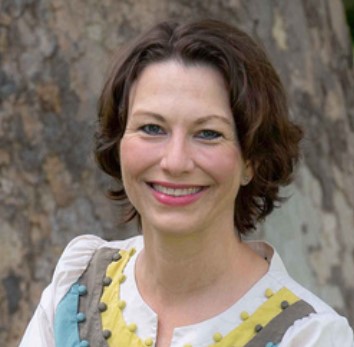
K. Lindsay Hunter, M.A., Ph.D. candidate
(Writer Chapter 10)
CARTA, k.lindsay.hunter@gmail.com
Lindsay Hunter is a trained palaeoanthropologist who uses her more than 15 years of experience to make sense of the distant past of our species to build a better future. She received her master’s degree in biological anthropology from the University of Iowa and is completing her Ph.D. in archaeology at the University of the Witwatersrand in Johannesburg, South Africa. She has studied fossil and human bone collections across five continents with major grant support from the National Science Foundation (United States) and the Wenner-Gren Foundation for Anthropological Research. As a National Geographic Explorer, Lindsay developed and managed the National Geographic–sponsored Umsuka Public Palaeoanthropology Project in the Cradle of Humankind World Heritage Site (CoH WHS) in South Africa from within Westbury Township, Johannesburg, between 2016–2019. She currently serves as the Community Engagement & Advancement Director for CARTA: The UC San Diego/Salk Institute Center for Academic Research and Training in Anthropogeny in La Jolla, California.
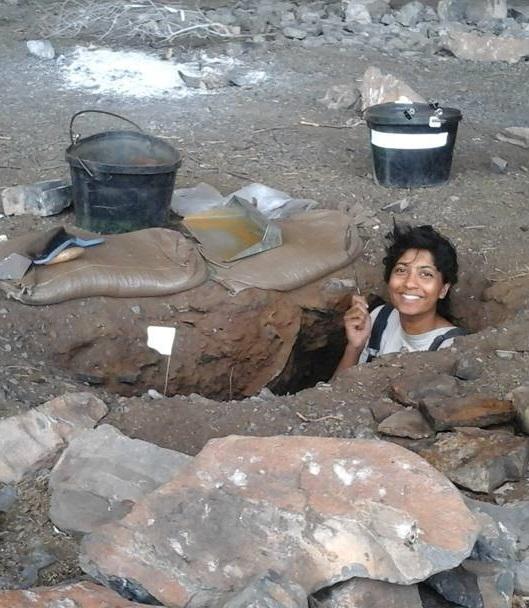
Navashni Naidoo, M.Sc.
(Writer Chapter 10)
University of Cape Town, nnaidoo2@illinois.edu
Navashni Naidoo is a researcher at Nelson Mandela University, lecturing on physical geology. She completed her Master’s in Science in Archaeology in 2017 at the University of Cape Town. Her research interests include developing paleoenvironmental proxies suited to the African continent, behavioral ecology, and engaging with community-driven archaeological projects. She has excavated at Stone Age sites across Southern Africa and East Africa. Navashni is currently pursuing a PhD in the Department of Anthropology at the University of Illinois.

Silindokuhle Mavuso, M.Sc.
(Writer Chapter 10)
University of Witwatersrand, S.muvaso@ru.ac.za
Silindokuhle has always been curious about the world around him and how it has been shaped. He is a lecturer at Rhodes University of Witwatersrand (Wits), and conducts research on palaeoenvironmental reconstruction and change of the northeastern Turkana Basin’s Pleistocene sequence. Silindokuhle began his education with a B.Sc. (Geology, Archaeology, and Environmental and Geographical Sciences) from the University of Cape Town before moving to Wits for a B.Sc. Honors (geology and paleontology) and M.Sc. in geology. He is currently concluding his PhD Studies. During this time, he has gained more training as a Koobi Fora Fieldschool fellow (Kenya) as well as an Erasmus Mundus scholar (France). Silindokuhle is a Plio-Pleistocene geologist with a specific focus on identifying and explaining past environments that are associated with early human life and development through time. He is interested in a wide range of disciplines such as micromorphology, sedimentology, geochemistry, geochronology, and sequence stratigraphy. He has worked with teams from significant eastern and southern African hominid sites including Elandsfontein, Rising Star, Sterkfontein, Gondolin, Laetoli, Olduvai, and Koobi Fora.
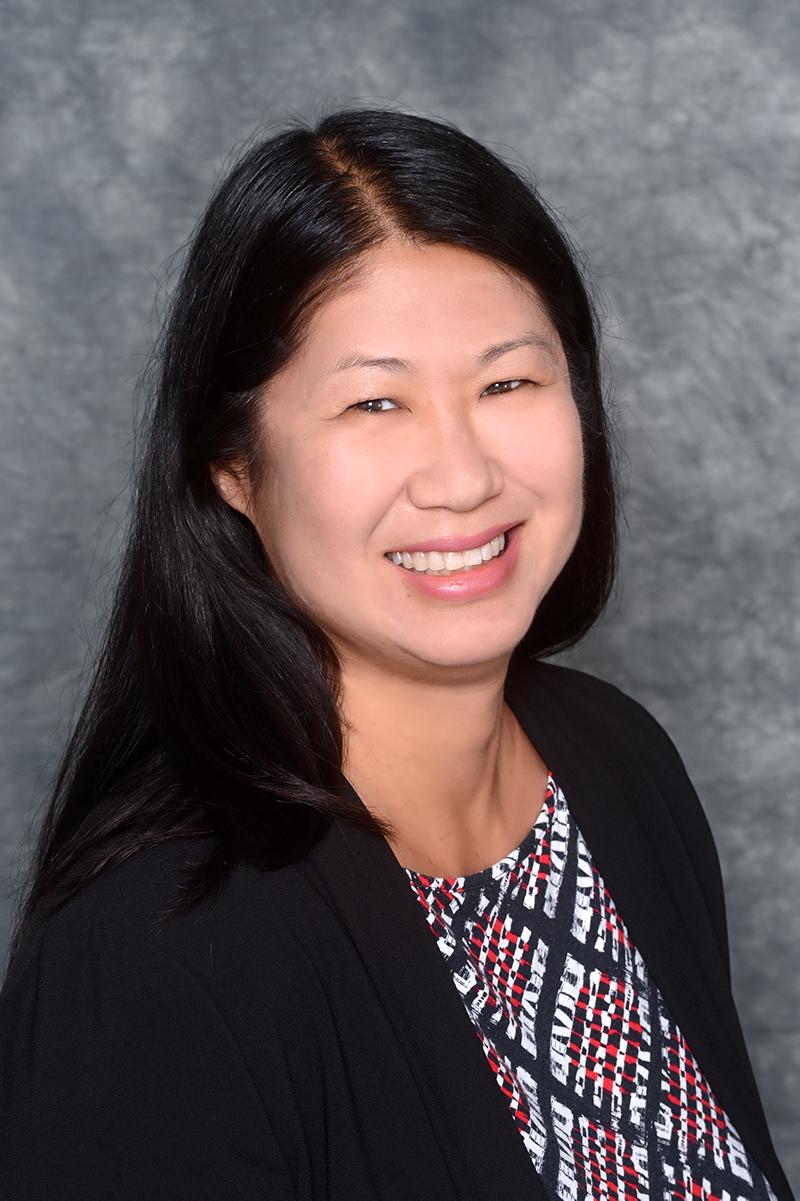
Bonnie Yoshida-Levine, Ph.D.
(Writer Chapter 11)
Grossmont College, bonnie.yoshida@gcccd.edu
Bonnie Yoshida-Levine is an instructor of anthropology at Grossmont College, where she teaches biological anthropology and archaeology. She received her bachelor’s degree in history from the University of California, Los Angeles, and her M.A. and Ph.D. degrees in anthropology from the University of California, Santa Barbara. Her dissertation research focused on the bioarchaeology of early civilizations in north coastal Peru. Bonnie has also collaborated on archaeological field projects in Bolivia and coastal California.
Amanda Wolcott Paskey, M.A.
(Writer Chapter 12)
Cosumnes River College, paskeya@crc.losrios.edu
Amanda Wolcott Paskey is an anthropology professor at Cosumnes River College in Sacramento, California. She earned her B.A. and M.A. in anthropology from the University of California, Davis. Her speciality in anthropology is archaeology; however, she was trained in a holistic program and most of her teaching load is in biological anthropology. She is currently working on analyzing a post–gold rush era archaeological site, in Sacramento, with colleagues and students. This project has given her many opportunities to engage in sharing archaeology with a public audience, including local school children and Sacramentans interested in local history.
AnnMarie Beasley Cisneros, M.A.
(Writer Chapter 12)
American River College, beaslea@arc.losrios.edu
AnnMarie Beasley Cisneros is an anthropology professor at American River College in Sacramento, California. Trained as a four-field anthropologist, she earned her B.A. and M.A. in anthropology from California State University, Sacramento. She regularly teaches biological anthropology, among other courses, and is currently engaged in applied anthropology work in community development with historically underserved communities. She most recently has particularly enjoyed facilitating her students’ involvement in projects serving Sacramento’s Latino and immigrant Mexican populations.
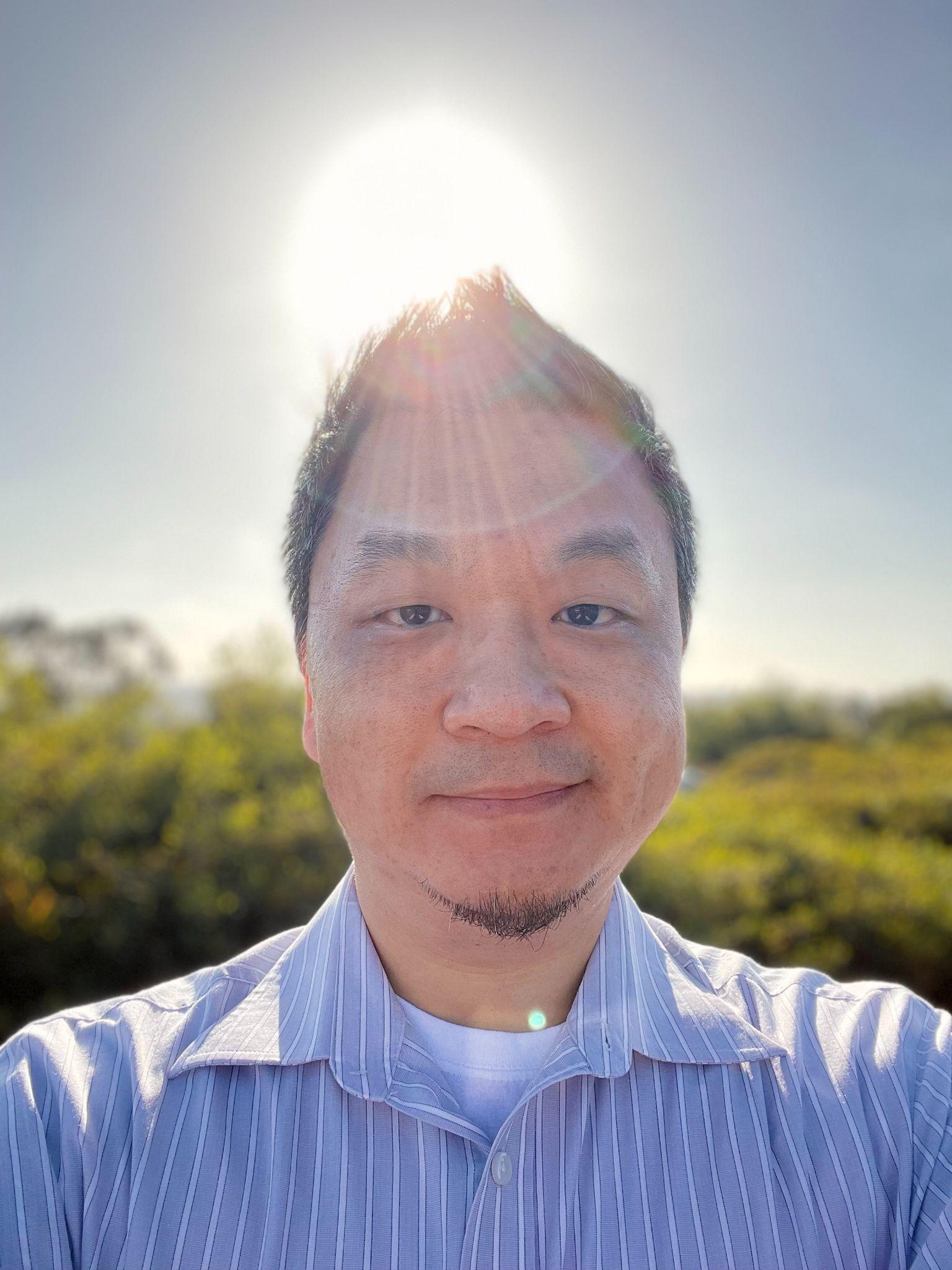
Keith Chan, Ph.D.
(Writer Chapter 13)
Grossmont-Cuyamaca Community College District and MiraCosta College, drkeithcchan@gmail.com, Dr. Keith Chan is an instructor of anthropology at Grossmont-Cuyamaca Community College District and MiraCosta College in San Diego County. He reached this step of his anthropological path after many memorable experiences across the country and the hemisphere. He earned a bachelor’s degree in anthropology from the University of California, Berkeley, in 2001. As a graduate student at the University of Missouri, he traveled to Perú with teams of students to study skeletons in the archaeological record to understand the lives of ancient Andeans. He completed his dissertation and earned a Ph.D. in 2011. Inspired by many educators in his journey, Dr. Chan turned his career toward teaching anthropology and helping students understand and appreciate humanity.
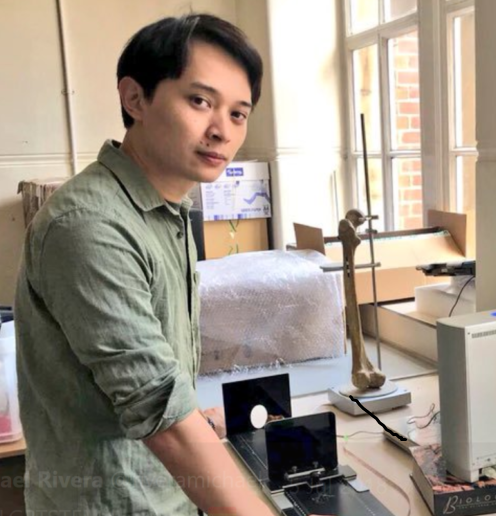
Michael B. C. Rivera, Ph.D.
(Writer Chapter 14)
University of Hong Kong, mrivera@hku.hk
Michael B. C. Rivera is a biological anthropologist and human bioarchaeologist who studies human evolution and history and works to develop these disciplines in Hong Kong, East/Southeast Asia, and the “Global South.” His doctoral thesis focused on the transition into agriculture in coastal environments and adaptations of ancient people along the beach. He is the only biological anthropologist working at the University of Hong Kong and the lead archaeologist managing the excavation of a WWII military aircraft that crashed in Hong Kong in 1945. Michael is also an advocate for greater inclusion, diversity, equality, and access to learning in academia. Much of his work also includes science communication and public engagement activities online, in schools, and in collaboration with museums.
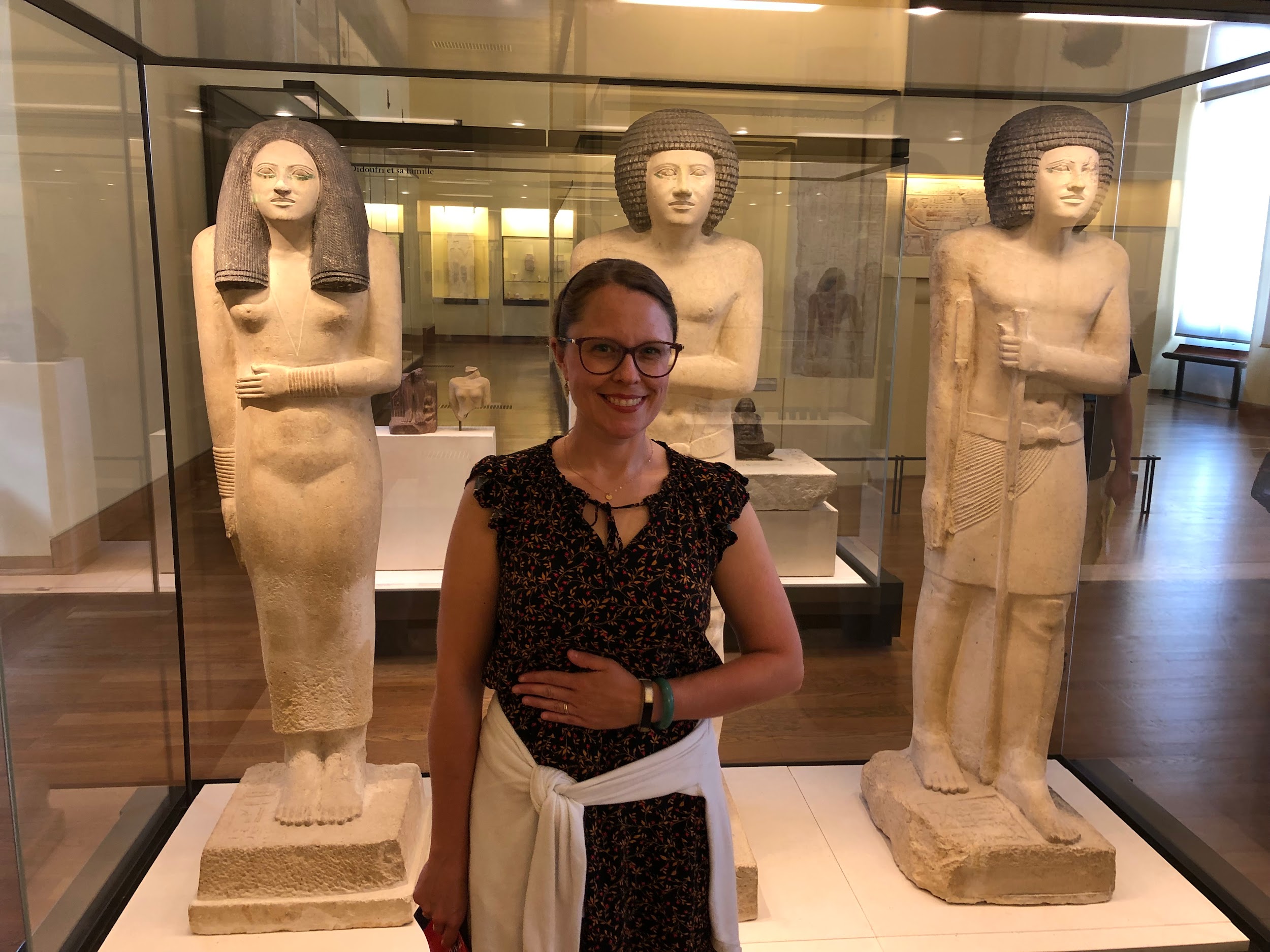
Leslie E. Fitzpatrick, Ph.D., RPA
(Writer Chapter 15)
Independent Archaeological Consultants
Lfitzpatrick@iac-llc.net
Leslie Fitzpatrick is an historical archaeologist with Independent Archaeological Consultants based in Dover, New Hampshire. She earned a PhD in Anthropology from the University of Wyoming (2017), an MA in Anthropology from Georgia State (2012), and a BS in Mechanical Engineering from Georgia Tech (2000). Her primary research focus is the stable-isotope analysis of human remains as a means of interpreting past mobility and diet profiles for both modern and archaeological populations. In addition to her work as a historical archaeologist in New England, she has worked as a bioarchaeologist at field sites in Germany, Spain, Croatia, Mexico, Peru, and throughout the United States.
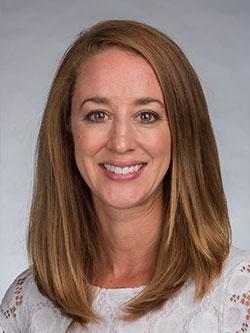
Ashley Kendell, Ph.D.
(Writer Chapter 16)
California State University, Chico, akendell@csuchico.edu
Dr. Ashley Kendell is currently an associate professor and forensic anthropologist at Chico State. Prior to beginning her position at Chico State, she was a visiting professor at the University of Montana and the forensic anthropologist for the state of Montana. Dr. Kendell obtained her doctorate from Michigan State University, and her research interests include skeletal trauma analysis and digitization and curation methods for digital osteological data. She is also a Registry Diplomate of the American Board of Medicolegal Death Investigators. Throughout her doctoral program, she worked as a medicolegal death investigator for the greater Lansing, Michigan, area and was involved in the investigation of over 200 forensic cases.
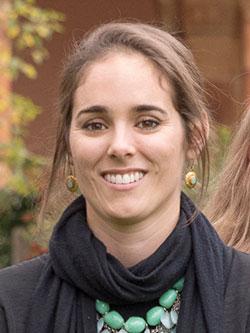
Alex Perrone, M.A., M.S.N, R.N., P.H.N.
(Writer Chapter 16)
Butte Community College, perroneal@butte.edu
Alex Perrone is a lecturer in anthropology at Butte Community College. She is also a Registered Nurse and a certified Public Health Nurse. She is a former Supervisor of the Human Identification Laboratory in the Department of Anthropology at California State University, Chico. Her research interests include bioarchaeology, paleopathology, forensic anthropology, skeletal biology, California prehistory, and public health. She has worked on bioarchaeological and archaeological projects in Antigua, California, Hawaii, Greece, and the UK, and was an archaeological technician for the USDA Forest Service. She assisted with training courses for local and federal law enforcement agencies and assisted law enforcement agencies with the recovery and analysis of human remains.
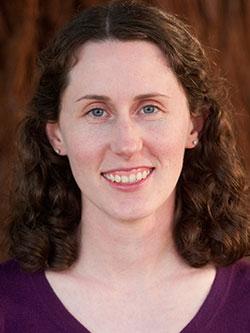
Colleen Milligan, Ph.D.
(Writer Chapter 16)
California State University, Chico, cfmilligan@csuchico.edu
Dr. Colleen Milligan is a biological and forensic anthropologist with research interests in bioarchaeology, skeletal biology, and forensic anthropology. She has been a Fellow with the Department of Homeland Security and has assisted in forensic anthropology casework and recoveries in the State of Michigan and California. She has also assisted in community outreach programs in forensic anthropology and forensic science, as well as recovery training courses for local, state, and federal law enforcement officers. She is a certified instructor through Peace Officers Standards and Training (POST). Dr. Milligan serves as the current co-director of the Chico State Human Identification Laboratory.
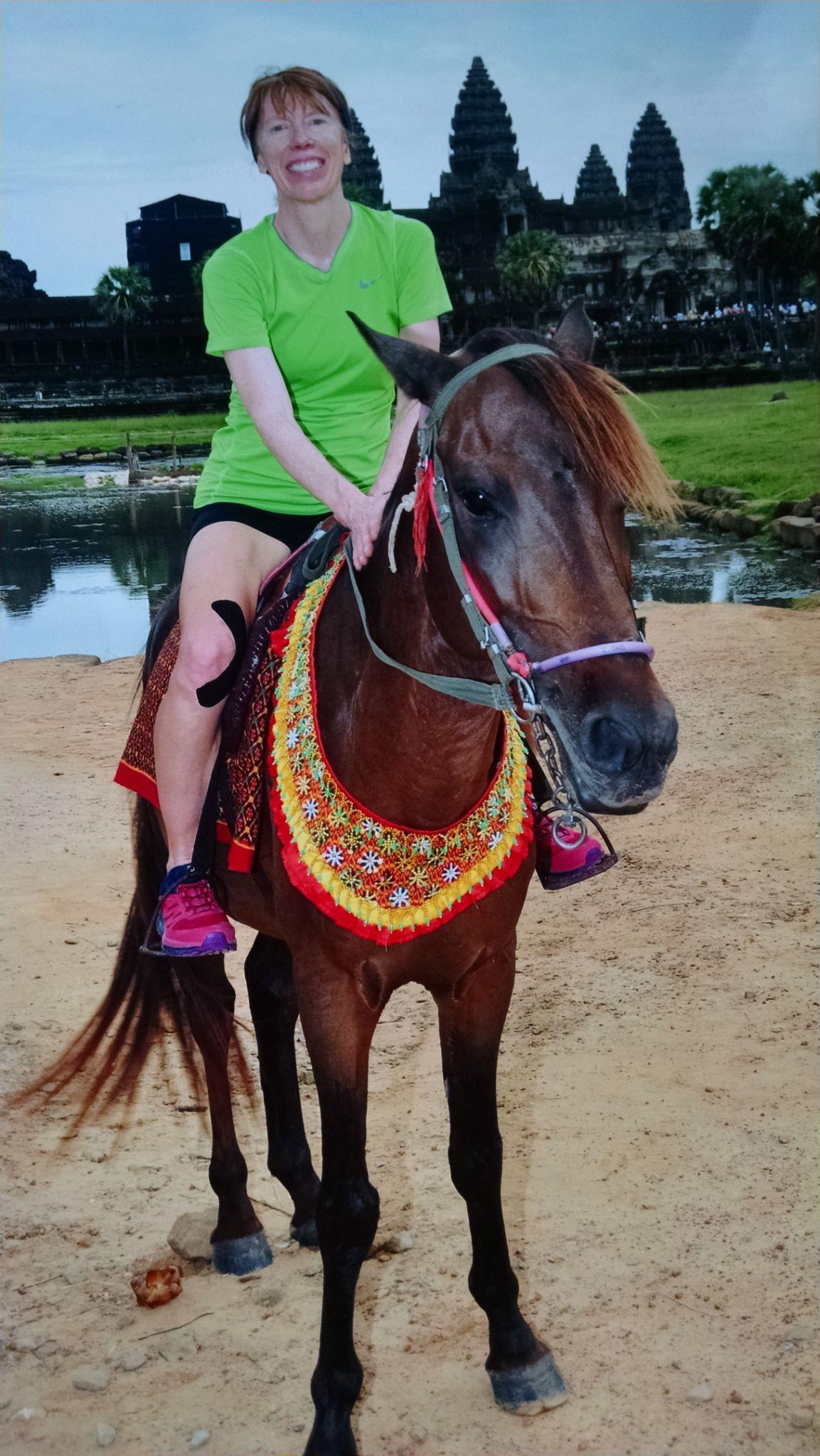
Joylin Namie, Ph.D.
(Writer Chapter 17)
Truckee Meadows Community College, jnamie@tmcc.edu
Joylin Namie is Professor of Anthropology at Truckee Meadows Community College, where she teaches courses in biological and cultural anthropology. Her current research interest is in culturally and environmentally sustainable tourism in desert environments, particularly in the country of Jordan and the U.S. state of Nevada. She was awarded a fellowship to Jordan from the Council of American Overseas Research Centers (CAORC) in 2020 to explore this topic, including visiting Petra and other important tourism destinations in Jordan. Dr. Namie’s favorite things in life are teaching, competing in sports, and traveling.
Jonathan Marks, Ph.D.
(Writer Chapter 4)
University of North Carolina at Charlotte, jmarks@uncc.edu
Jonathan Marks is Professor of Anthropology at the University of North Carolina at Charlotte. He has published many books and articles on broad aspects of biological anthropology. In 2006 he was elected a Fellow of the American Association for the Advancement of Science. In 2012 he was awarded the First Citizen’s Bank Scholar’s Medal from UNC Charlotte. In recent years he has been a Visiting Research Fellow at the ESRC Genomics Forum in Edinburgh, a Visiting Research Fellow at the Max Planck Institute for the History of Science in Berlin, and a Templeton Fellow at the Institute for Advanced Study at Notre Dame. His work has received the W. W. Howells Book Prize and the General Anthropology Division Prize for Exemplary Cross-Field Scholarship from the American Anthropological Association as well as the J. I. Staley Prize from the School for Advanced Research. Two of his books are titled What It Means to Be 98% Chimpanzee and Why I Am Not a Scientist, but actually he is about 98 percent scientist and not a chimpanzee.
Adam P. Johnson, M.A.
(Writer Chapter 4)
University of North Carolina at Charlotte/University of Texas at San Antonio, ajohn344@uncc.edu
Adam Johnson is a doctoral candidate at the University of Texas at San Antonio and part-time lecturer at the University of North Carolina at Charlotte. He earned his M.A. in anthropology at UNC-Charlotte in 2017 and will complete his Ph.D. in anthropology at UTSA by 2024. His interests include human-animal relations, science studies, primate behavior, ecology, and the history of anthropology. His recent research project analyzes the social, historical, political, and evolutionary dimensions that shape human-javelina encounters. His goal is to understand how humans and animals find ways to get along in a precarious world.

